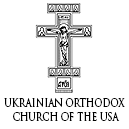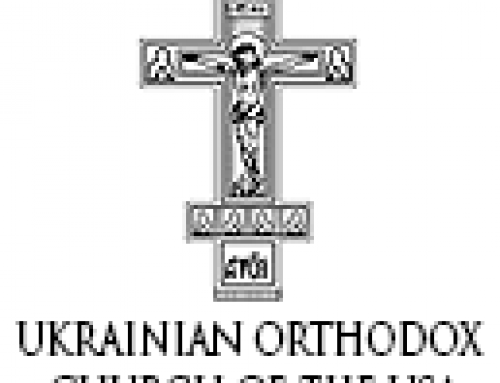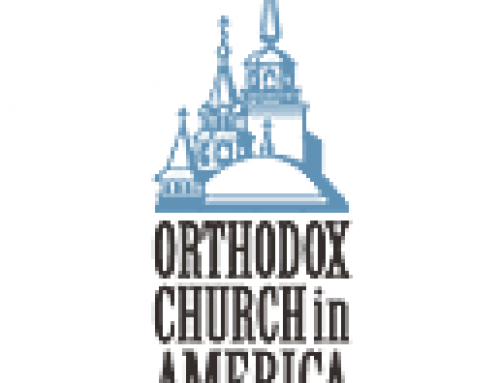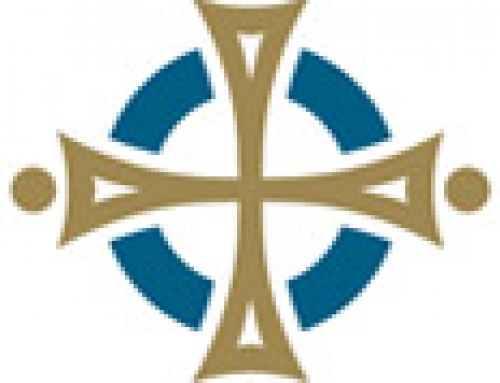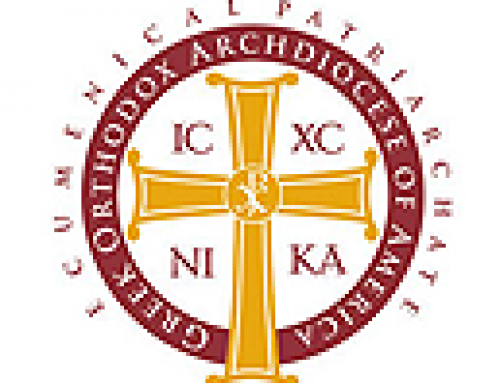This post was originally published on this site
Blessed are those who shall partake of bread in the Kingdom of God. In today’s reading from the Holy Gospel we heard the parable about the Great Supper. The closest literal meaning of this parable is related to the Kingdom of God here on earth, – to Christ’s Church. In this understanding, Jesus Christ is that man who prepared a great supper; the Church of Christ is the great supper; the first called were the Jewish people; those called secondly were the so-called ‘pagans’, who were originally non-Jewish Greeks and Romans. The third call would include all other people.
Jesus Christ established the Church so that it would be the spiritual Kingdom of God here on earth, and so that it would save people’s souls. The Church sanctifies, and distributes blessings and grace. That is why Jesus Christ equates the Church with a great supper. As all the guests gather around the host during the time of a great supper, so should all believers gather in one Christian community of God, to partake of the graces of our Lord.
God determined to unite that community with Himself through His Son Jesus Christ. The separation of people from God, which began with the ‘Original Sin’ of Adam and Eve in the Garden of Eden, was to be removed, and people were to be re-united with God, even though the ‘earthly paradise’ had perished forever. The Lord chose to first inform the Jewish people about the approach and establishment of His Kingdom. The first invitation was received by the Jewish people through Moses in the desert at Mount Sinai. The promised Kingdom was to be established by the messenger of God – the Messiah, whom the Lord had chosen for Himself, and who was to come from among the Jewish people. For hundreds of years the Lord re-affirmed His invitation thru His servants the prophets, until the arrival of John the Baptist and Jesus Christ the Savior, who appeared among them and taught: “Repent, for the Kingdom of heaven is at hand.” (Mt. 3:2, 4: 17) The Jewish leaders did not listen to the words of the prophets, the Messiah, or the apostles. They did not acknowledge that which was their salvation. Their hearts were bound to the earth. They disdained the blessings of the Kingdom of God, they scorned the invitation to the Lord’s supper. They killed the prophets, crucified the Messiah, and persecuted the Apostles. The time of grace had ended. No more prophets, apostles, nor Messiah would appear among them. Rather, they are separated from the Church of Christ and have been scattered over the earth.
Then the ‘pagans’ were invited to the Church of Christ. The apostles and their successors, by the power of the Word of God summoned them to enter into Christ’s Church. Many heathen nations gathered together around Christ, and prayed to Him who had been crucified upon the Cross, even though they had not known God previously. In a higher metaphorical sense, this parable presents the Great Supper as the Kingdom of God in Heaven, — the Glorified Church. Still greater and more plentiful grace, goodness and joy are prepared for people in the house of the Heavenly Father.
Union with God surpasses any earthly good fortune; even here on earth it brings rest for our soul, and when fulfilled up above it will bring us unending delight and blessedness. A rich festive supper is an understandable image of this union with God, and it is this union toward which Christ directs us with the parable in today’s Gospel reading.
We are all invited to that eternal Great Supper in the house of our Heavenly Father. Admission to the Kingdom of God as Christ’s Church here on earth – is already an invitation to the Kingdom of God in Heaven. Good and gracious is the Lord, who invites us to this eternal celebration. He desires that all might come to Him so that His house might be filled. He invites us with the voice of our nature and our conscience, by means of the Apostles, the prophets, and thru Jesus Christ. He not only invites us, He leads us by the hand of His Church, and wishes even to drive us (as a flock of sheep is driven) to come into the house of eternal joy.
But the Lord is also righteous. His judgment will be sure upon those who have surrendered their hearts to earthly, temporal matters and who have scorned the invitation to heavenly blessings and to eternal well-being. They shall not know the blessedness to which they were invited; they shall not enter into it. The Lord may reject them with the same words the ‘bridegroom’ spoke to the five unwise maidens: “Truly, I say to you, I do not know you.” (Mt. 25: 12)
Save us, O Lord, from sins and unbelief. Do not allow us to live, as do many people who: a) wish to know nothing about union with God; b) do not listen to the friendly, loving invitations of Jesus Christ; c) do not come to His supper; d) close their hearts before the source of greatest blessings. Help us to desire your heavenly sustenance, so that we might partake of it with love and with a living faith, so that we might be able to resist temptations, and be victorious in these struggles. Unite us with our Savior, so that, with Him, we might be able to overcome the influence of an evil and unbelieving world around us.
The Orthodox Church also applies the Parable of the Great Supper to the Most-Holy Mystery of the Eucharist. The Most-Holy Eucharist is the preparation and promise of eternal, blessed union with God our Father, in Heaven. The bread and wine, which we see in the Most-Holy Eucharist, and of which we partake in Holy Communion, is the Body and Blood of our Lord Jesus Christ, which, in a mysterious manner, is transformed, and strengthens our souls. This is a holy supper, in which Christ is our nourishment, and His death is our time of remembrance. He Himself is the fullness of Grace for our soul, and the promise of our future blessedness.
The Holy Church teaches that the Most-Holy Eucharist – is a reminder, for us, about the death of Jesus Christ, and the source of that Grace, which Jesus Christ obtained for us by His death upon the Cross. By means of the Most-Holy Eucharist, the Old Testament sacrifice of blood for the atonement and reconciliation of the Jewish people with God, is renewed within the Church of Christ thru a bloodless sacrifice, and the Grace of God flows out upon the people. The Most-Holy Eucharist strengthens the bond of Christians with God, and among themselves. Participation in that blessed supper here on earth determines our path to participation in that eternal heavenlysupper of which humankind shall partake before the eyes of God throughout all eternity.
In this holy supper, the fullness of God’s love is revealed, because the Most-Holy Eucharist is the greatest evidence of God’s Grace.
“…he who eats this bread will live forever.” (John. 6:58) Amen.

